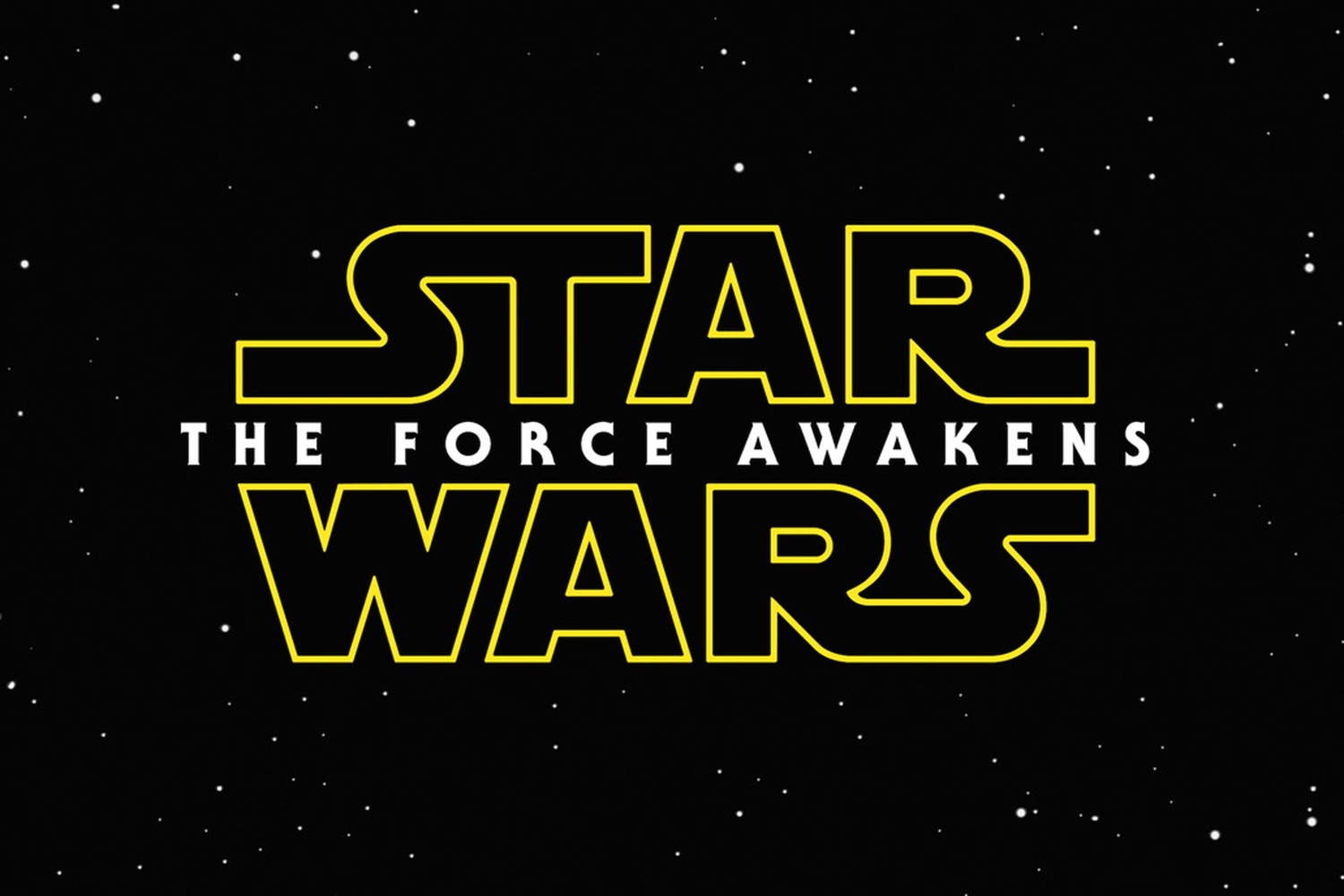
News
Cambridge Residents Slam Council Proposal to Delay Bike Lane Construction

News
‘Gender-Affirming Slay Fest’: Harvard College QSA Hosts Annual Queer Prom

News
‘Not Being Nerds’: Harvard Students Dance to Tinashe at Yardfest

News
Wrongful Death Trial Against CAMHS Employee Over 2015 Student Suicide To Begin Tuesday

News
Cornel West, Harvard Affiliates Call for University to Divest from ‘Israeli Apartheid’ at Rally
What the Hell Happened: Movie Franchises
Disney’s recent announcement that it plans to release a new Star Wars movie every year until 2020 marks yet another potentially superfluous multi-movie franchise. From classics like “Jaws” and “Die Hard” to newer series like “Pirates of the Caribbean” and “Transformers,” more often than not, franchises start out strong and suffer an inevitable decline in quality. Why is the American film industry so franchise-oriented?
Franchises are popular partly because people don’t want to see a beloved story reach its conclusion. Rather than accept that their favorite characters’ story has come to an end, audiences would rather let it drag on. The Star Wars franchise, for example, is important to many people because they grew up with it. Franchises may thus arise from a need to cling to a childhood or past memory, a time when things were easier to deal with than the pains of growing older.
Studios that produce franchises are like parents who let their children watch an extra 15 minutes of their favorite television show—enablers who feed into an addiction. The popularity of these franchises is only propagating a vicious cycle: The more people watch these franchises, the more popular they are, the more money studios earn, the more franchises are made. Since audiences aren’t willing to end the cycle, neither are studios. Why fix something that isn’t broken? Studios, like people, avoid delving into new territory out of fear that whatever new venture they take on might not be financially successful and instead prefer to beat the same dead horse that made them rich.
Franchises further perpetuate the aforementioned cycle by introducing new characters, who in turn launch the story into another narrative. The public’s familiarity with well-known material facilitates the switch into semi-new content; people will be more willing to dip their feet in similar waters than to dive into the deep end.
Thus arises the Hollywood crisis that has been bubbling under the surface for years now: Studios would rather make money than produce good content, resulting in a steady decline in the quality of movies. How many franchises have held strong all the way through, from the first movie to the last? An overwhelming majority have taken the opposite trajectory. The few exceptions—“Toy Story,” “Harry Potter,” and “Lord of the Rings,” among others—have escaped such a fate thanks to strong source material and an ever-faithful fanbase. But with both studios and audiences refusing to acknowledge the need to let this craze die, we may unfortunately be in for some drawn-out franchises ruining original content that would, if left alone, stand stronger on its own.
—Staff writer Mila Gauvin II can be reached at mila.gauvin@thecrimson.com.
Want to keep up with breaking news? Subscribe to our email newsletter.

